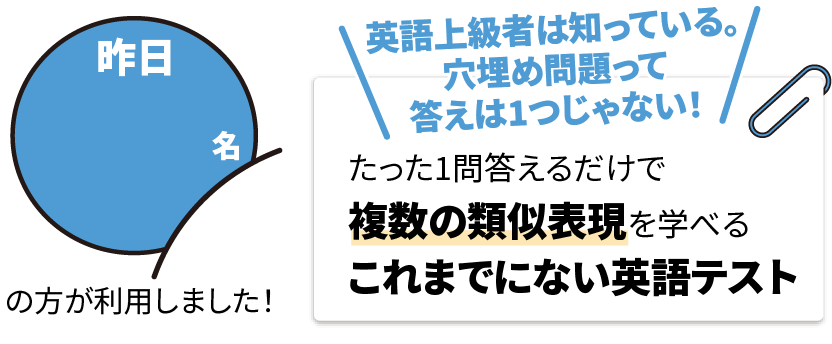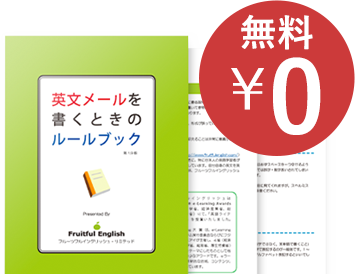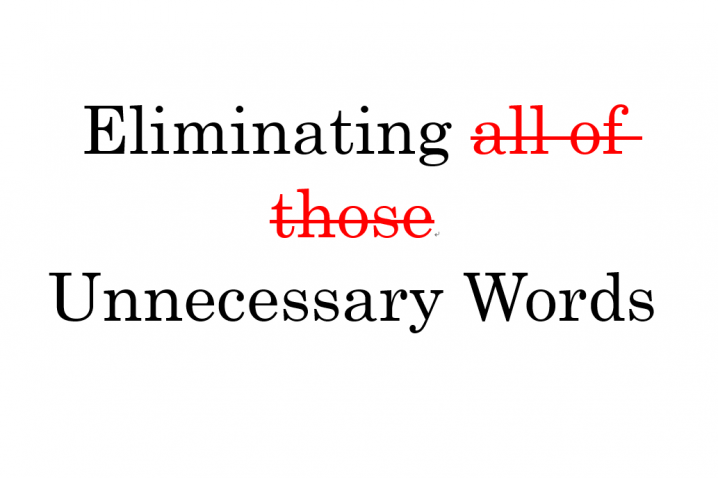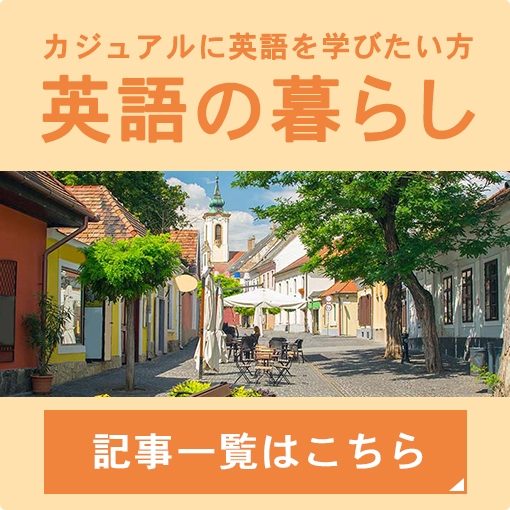Hello, this is Simon.
I wrote my first dairy a couple of weeks ago. Since it was my first time, it took a while to complete (even though it was in my own language). I eventually finished writing it, and was feeling pretty good. I cut and pasted it into FE’s diary page and was about to post it until I saw my letter count… It was well over 800 letters (my diary had to be less than 600). It turned out my diary was far from finished. So, I made another cup of coffee, and then set about looking for unnecessary words that I could remove to reduce my letter count.
Unnecessary words文章を読みやすくするための秘訣
Unnecessary words are words that add nothing to the meaning of an expression. When a sentence has a lot of these, it becomes cluttered and more difficult to read. Especially in the case of longer and more complex sentences that contain several clauses. I once read a very good piece of advice about writing which said:
“Once you have finish writing something, go back and read it again. Look for any unnecessary words or phrases and remove all of them.”
After checking numerous assignments, I have noticed a few different ways in which unnecessary words or phrases find their way into people’s writing.
Below is a piece that contains several unnecessary words. How many can you find?
“Tomorrow is February 14th, which is Valentine’s Day. So today, I wanted to buy some nice chocolates for my friends. I went to town and went to Mitsukoshi, and then I went to Takashimaya which are department stores. I didn’t have a clue what to buy, so I asked the shop assistant for advice on what to buy. She showed me a range of Belgian chocolates, and I chose to buy three boxes of them. I also put in an order for a box that had just sold out. Three days later, a staff member at the store called me and said that my order would be delayed. I got angry and asked for the details about the delivery from her… “ – 613 letters
【実践】What makes words unnecessary?不要な言葉を見つけてみよう!
1. Unnecessary Repetition
“I asked the shop assistant for advice on what to buy”
“I went to town and went to Mitsukoshi, and then I went to Takashimaya.”
Example 1) the phrase “what to buy” was used in the previous clause “I asked the shop assistant for advice on what to buy”, so it is not necessary to repeat it.
Example 2) with the expression “I went to town and went to Mitsukoshi, and then I went to Takashimaya.” there are three separate actions which all share the same verb. In this situation you only need to use the verb once at the beginning.
2. Being Implied, Obvious, or Assumed
“I chose to buy“
“three boxes of them”
“A staff member at the store called”
Example 1) the words “to buy”, are implied in the verb “chose”, because when you are in a shop and “choose” something, it is assumed that you will then “buy” it.
Example 2) the pronoun “them” refers to the “Belgian chocolates”. However, you can just say “I bought three boxes” because it is assumed that you are talking about the “Belgian chocolates” (them).
Example 3) with the phrase “A staff member at the store called” it is assumed that “a staff member” from the store is calling, so you can simply say “the store called”
3. Overly Complicated Wording
“Mitsukoshi…Takashimaya which are department stores”
“I also put in an order for a box”
“Tomorrow is February 14th, which is Valentine’s Day”
“details about the delivery”
Example 1), the relative pronoun “which” isn’t needed. Mitsukoshi and Takashimaya are the names of department stores so the name “Mitsukoshi” + “Department Store” is sufficient.
Example 2), the highlighted phrase “put in an order” is a phrase that can be replaced with a single verb “order”.
Example 3), when writing things like dates, locations, or simple facts about people such as their age or occupation, you can often just put that information inside commas (e.g. Next Monday, Jan 14, is a special day…/John Smith,29, is the next up and coming…/Yoshitaka Sakurada, Minister of Cybersecurity, recently admitted…)
Example 4), the phrase “details about the delivery” contains two nouns. With phrases like these you can often just write the nouns. The important thing is to figure out which is the main noun (details), which is the modifier (delivery), and then put the main noun after the modifier (delivery details).
After Removing the Unnecessary Words:
After removing all of those unnecessary words and phrases, the piece had now been reduced it by more than 100 letters. It is trimmer, easier to read, and I have enough space to write a final sentence.
“Tomorrow, February 14th, is Valentine’s day. Today, I wanted to buy some nice chocolates for my friends, so I went to town to Mitsukoshi, and Takashimaya department stores. I didn’t have a clue what to buy, so I asked the shop assistant for advice. She showed me a range of Belgian chocolates, and I chose three boxes. I also ordered a box that had just sold out. Three days later, the store called me and said that my order would be delayed. I got angry and asked for the delivery details…” – 491 letters
Writing diaries is not easy. I have been told about how difficult it is to write diaries to within 600 letters. I found that it is certainly true. While doing this I developed a newfound respect for students who are writing in a foreign language. Hopefully some of the points highlighted in this can be of help.
That’s all for now.
See you next month!
Simon


Hello! My name is Simon.
I am from New Zealand, and have been living and teaching English in Japan since 1999.
My hobbies include movies, playing the guitar, gardening and hiking.
※このブログでは英語学習に役立つ情報アドバイスを提供していますが、本ブログで提供された情報及びアドバイスによって起きた問題に関しては一切、当方やライターに責任や義務は発生しません。
※ここでの情報や助言を参考に英文を書いたり下した判断は、すべて読者の責任において行ってください。ここに掲載されている記事内の主張等は、個人の見解であり当社の意見を代弁・代表するものではありません。







 (22 イイネ!が押されています)
(22 イイネ!が押されています)




























コメントする